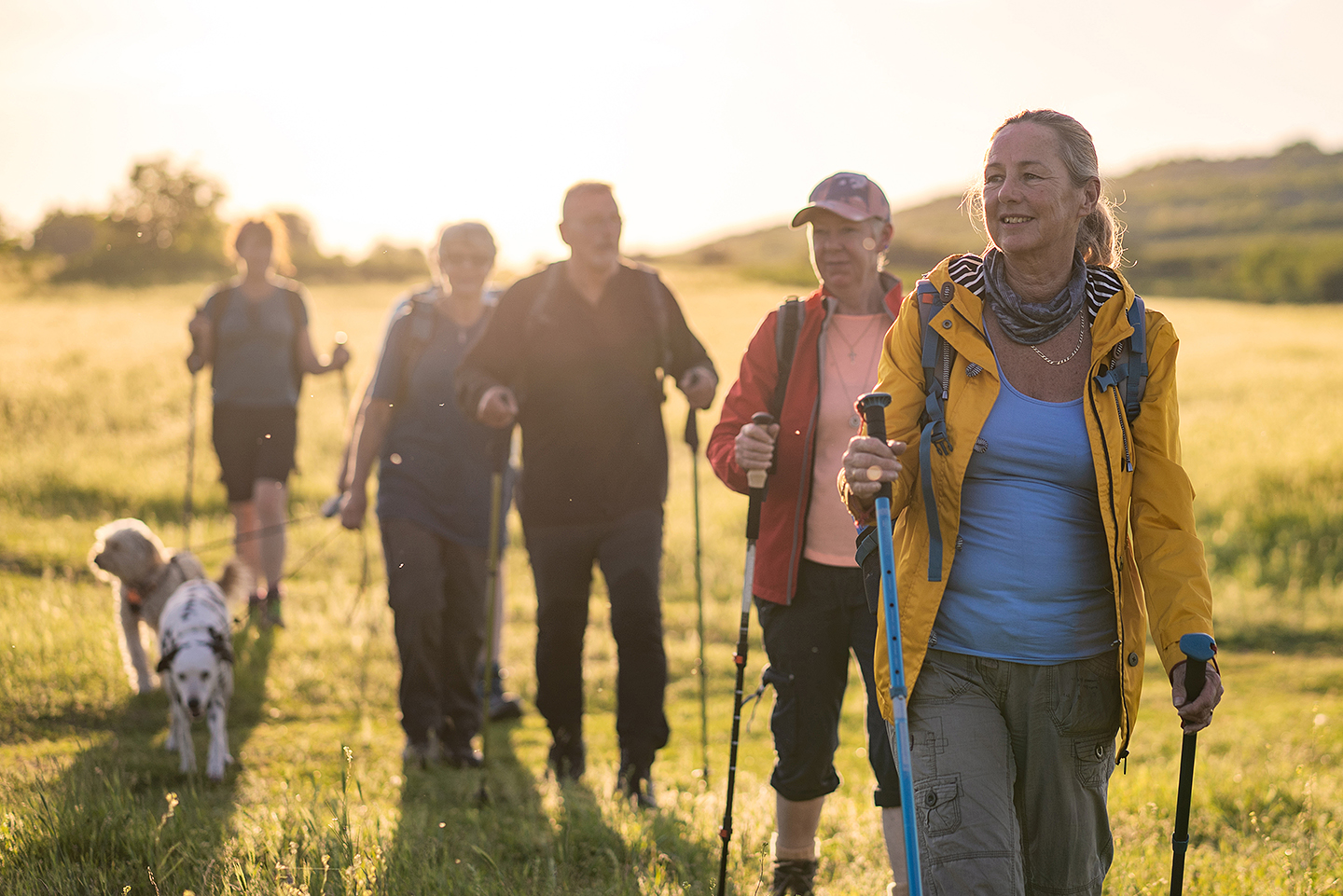How To Build Social Connections – And Why It Matters
When we’re raising kids and building our careers, it’s natural to find friendship with other parents and co-workers. But social connections become more important than ever when we’re older – when those automatic peer groups are gone. That’s why it’s crucial to be intentional about making and maintaining connections. Here, we’ll outline how dangerous social isolation truly is – and how you can cultivate community when you’ve aged out of play dates.

Loneliness doesn’t just affect us from a social perspective; there are real mental health as well as physical health risks that result from isolation. The CDC, citing a study by the National Academies of Sciences, Engineering, and Medicine (NASEM), links social isolation and loneliness with:
- A significantly increased risk of premature death from all causes, potentially rivaling smoking, obesity and physical inactivity
- A 50% increased risk of dementia
- A 29% increased risk of heart disease and a 32% increased risk of stroke
- Higher rates of depression, anxiety and suicide
The impact of isolation is stark. But there are lots of ways to stay connected and maintain high-quality social relationships. It may take some effort, but the benefits are well worth it – and the following list of tips can help.
- Revisit old hobbies, especially ones that involve groups: For example, if you have always enjoyed photography, but don’t want to invest in the latest equipment, pick up the phone. Smartphone photography has come a long way, with a growing number of devoted practitioners.
- Find new interests: Putting yourself out there may seem scary, but sometimes the best way to connect with people is by letting them teach you something. Taking on a new hobby in a group setting allows you to do just that.
- Take a class: A commitment to lifelong learning will not only keep your mind sharp, but can also connect you to others with the same philosophy. You can check out your local college or university for continuing education courses, or visit the American Association for Adult and Continuing Education for guidance.
- Schedule time to talk to friends and family: Spontaneous meet-ups are great, but if those opportunities start to dwindle, you might have to take it on yourself to make them happen. Plan weekly calls with friends and family members, and put them on your calendars – you’re less likely to let them fall through the cracks that way.
- Become a pet owner: The health benefits of pet ownership are well documented, in part because of the companionship they offer. But there’s also evidence that pets can help their owners build social connections. Consider adopting from a local shelter or rescue organization to help a pet in need – acts of kindness have their own benefits, as well.
- Volunteer: Speaking of acts of kindness, volunteering can help improve your health, provide a sense of purpose and help you nurture relationships.
- Get active: Join a group exercise class or find a workout buddy. You’ll turn what can feel like a chore into a social activity, and you’re more likely to stick to an exercise routine if you have someone you’re accountable to.
Another good way to maintain connections is by living in a community purpose-built to foster social interaction. Aspens Senior Living offers pet-friendly active adult living in a luxurious environment with dedicated spaces designed for friends, freedom and fun – all the things that never get old. Discover life at The Aspens.

